What is considered a low dose statin?
.png?v=1676303944795)
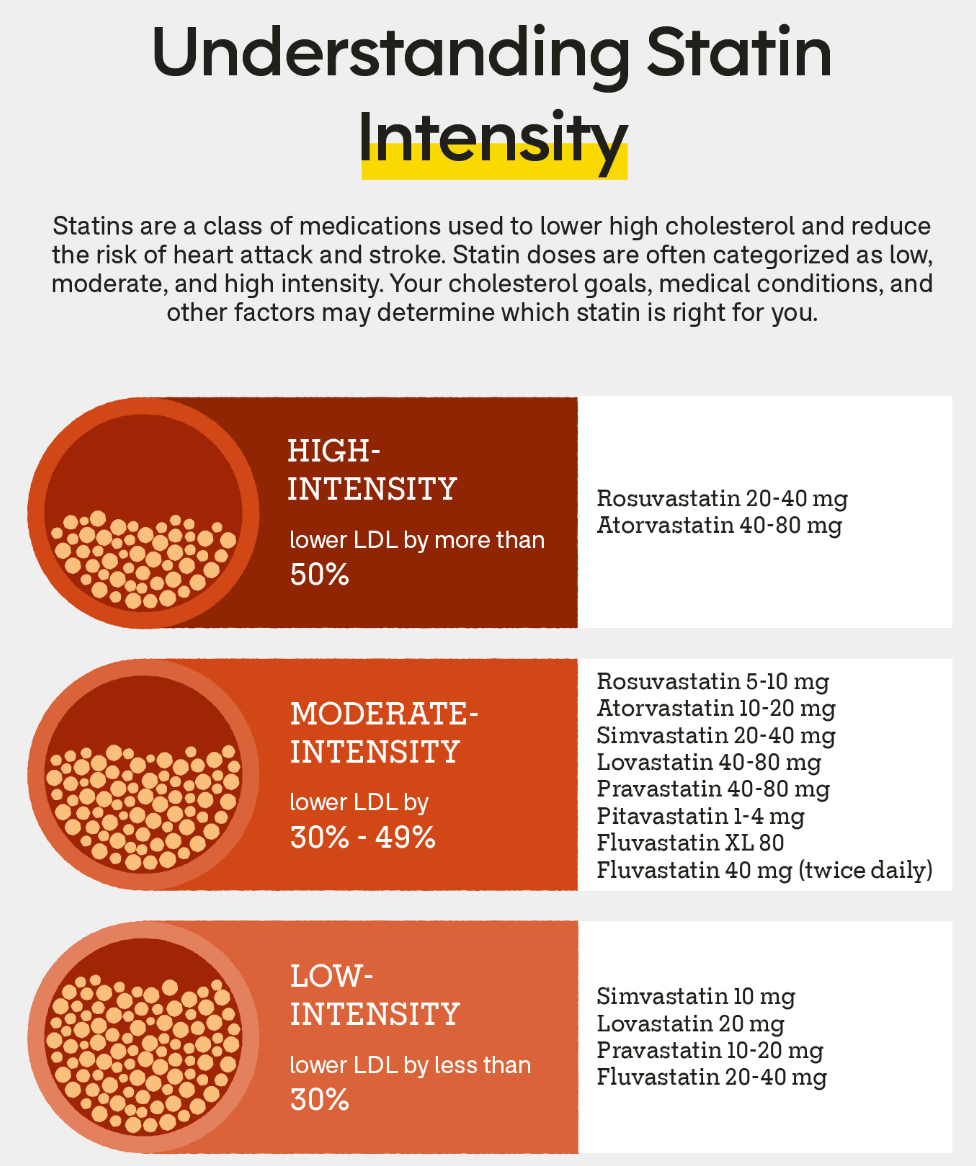
Related products
Low-dose statins could be included in your routine to lower LDL cholesterol levels.
Hypercholesterolemia or higher cholesterol levels is the presence of bad cholesterol in the blood. The condition is important to diagnose and treat as it can increase your risk of developing cardiovascular diseases.
Statins (also known as HMG CoA reductase inhibitors) are medicines that lower cholesterol levels to the normal range. Some statins can lower cholesterol levels by as much as 50% and are available in different brands and formulations. These are available in capsule and tablet forms, which you need to take daily according to the recommendation.
What are different statins available in the market?
Statins lower cholesterol levels by reducing their production in the liver and helping the liver remove the cholesterol already in the blood. Over time, various statins have been discovered and approved for humans.
Different statins available in the market are;
-
Lovastatin (the first statin to be approved)
-
Fluvastatin
-
Pitavastatin
These drugs are available alone or in combination with other drugs, e.g., niacin. These drugs are available in different dosages, and the choice depends upon your health and cholesterol levels. You can be prescribed either a low-dose statin or a high-dose one. What is the difference between them? To understand it, you need to know how do you they work.
How do the statins work?
Statins influence cholesterol metabolism by the liver and inhibit an enzyme (HMG CoA reductase) involved in cholesterol synthesis. As most (more than 70%) of the cholesterol is synthesized in the body, inhibiting this enzyme will make a huge difference in cholesterol levels.
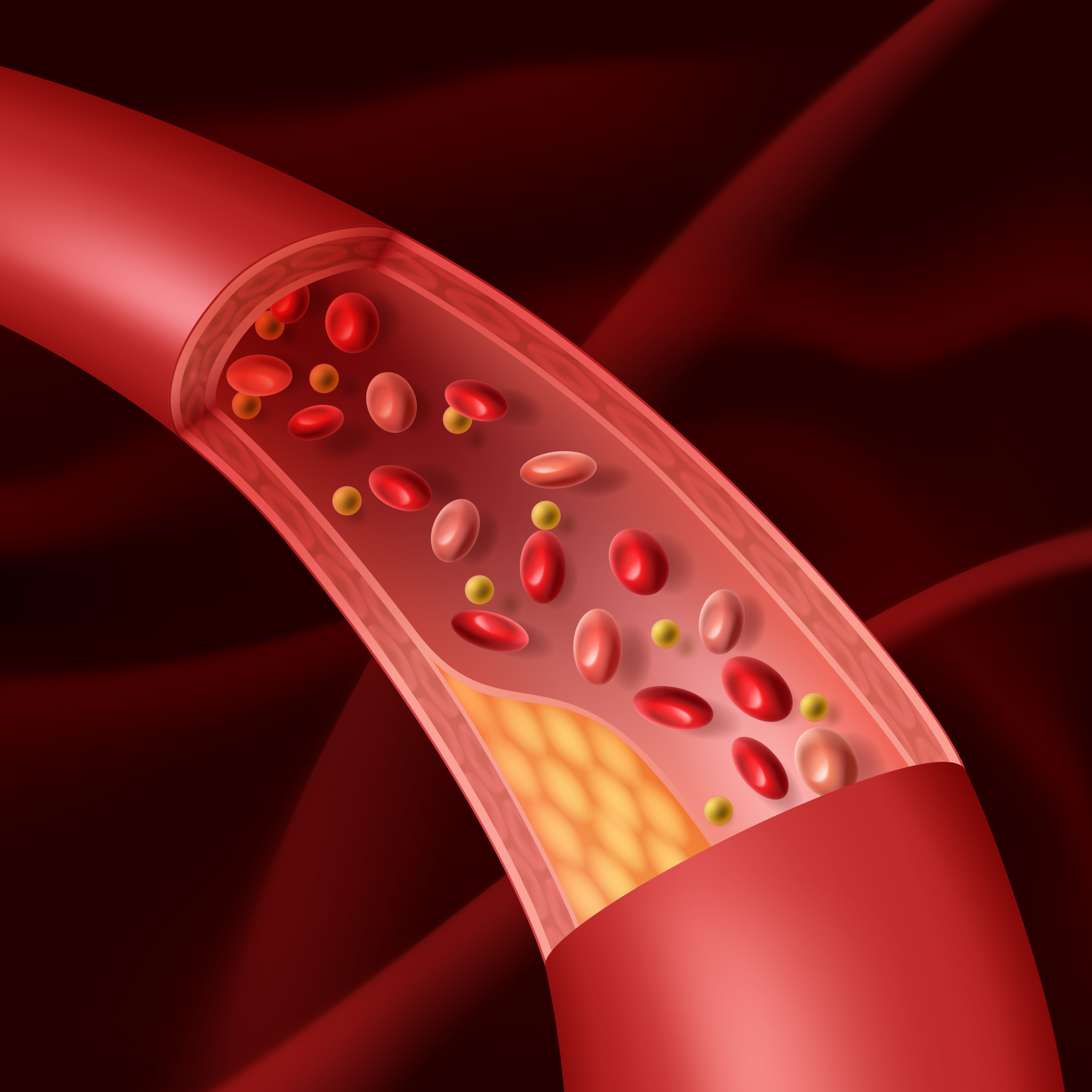
Adjusting your diet for improved cardiovascular health is important but may not be enough on its own to improve cholesterol levels.
Read more: The 9 best foods to lower cholesterol
What is the required dosage of statins?
Before explaining low-dose statin therapy, let me explain the normal doses of some routinely used statins for guidance. The dosing regimens vary for different statins and also depend upon the purpose of use. For example;
Atorvastatin (common brand: Lipitor)
This statin is available in 10mg, 20mg, 40mg and 80mg tablets. It is used for two purposes, and the dosage depends upon the purpose of its use.
For hypercholesterolemia in adults
For this purpose, the starting dose is 10-20mg daily, and the maintenance dose is 10-80mg daily. However, depending on the condition, the doctor may prescribe as much as 80mg daily.
For heterozygous familial hypercholesterolemia in adolescents
The starting dose is 10mg daily, and the maintenance dose is 10-20mg daily. The doctors can recommend a higher dose according to the requirement.
Fluvastatin (Common brand: Lescol)
This statin is available in 20mg and 40mg capsules. An extended-release (XR) 80mg tablet form is also available. Its dosing guidelines are;
For hypercholesterolemia in adults
The starting dose for this purpose is 40mg daily, and the maintenance dose is 20-80mg daily. The maximum daily dose allowed is 80mg which should be divided into 2 equal doses. A lower dose of 20mg per day can be used for people whose cholesterol levels are not too high and who need a 25% or less reduction in their cholesterol levels.

For extended-release tablets, the recommended dose is 80mg per day which is also the highest permissible dose. The recommended dosage should be reasonable because your body needs cholesterol for various functions, and reducing its levels beyond normal would not be beneficial.
For heterozygous familial hypercholesterolemia in adolescents
The starting dose is 20mg daily, and the maintenance dose is 20-80mg daily. The maximum permissible daily dose is 80mg per day.
For all other statins, the dosing guidelines are very similar, and the doctor will prescribe them for you. The statins should be used to achieve the normal total cholesterol level of lower than 200 mg/dL in the blood. Between 200 and 239 mg/dL indicates mild hypercholesterolemia, while any above 240 mg/dL indicates severe hypercholesterolemia.
Low-dose statins, another solution for heart patients
A new concept is emerging in cholesterol management. Instead of using higher doses of statins to treat hypercholesterolemia, why not use lower doses of statins regularly to achieve desired levels? A person with perfect health may not require it. Still, if you are exposed to one or many cardiovascular disease risk factors (e.g., coronary artery disease etc.), you may find this concept useful.
Low-dose statins, a continuous check on high cholesterol
New studies have found that people at a higher risk of cardiovascular diseases who can't take high doses of statins can use a treatment combined with a low-dose statin. The usefulness of this approach was highlighted by a recent study published in the Annals of Internal Medicine in 2022.
Is there any proof?
Various researchers at Johns Hopkins University reviewed the published research to compare the pros and cons of using a low-dose statin in combination with various other cholesterol-lowering treatments in individuals at a high risk of cardiovascular diseases.

The researchers noted that a combination of a low-dose statin with other cholesterol-lowering medicines, e.g., Zetia (ezetimibe) or bile acid sequestrants, lower bad cholesterol levels in the same way as the use of a high-dose statin.
What are the limitations of the study?
The researchers pointed out that the strategy is as effective as taking the high-dose statin, at least in the short term. However, they needed clarification about the treatment's long-term effects and potential side effects. The study also didn't consider other important factors, e.g., the death rate due to related issues, e.g., heart attacks.
The evidence related to the cholesterol levels reduction when the low-dose statins were combined with other drugs, e.g., omega-3 fatty acids, niacin, and fibrates, was also not enough. For example, fibrates are known to lower blood fats, which can sometimes cause higher cholesterol levels.
Over the counter low dose statins for moderate-risk patients
The British health authorities have recently approved the over-the-counter availability of low-dose statin (simvastatin). In 2004, the status of 10mg simvastatin was changed from a prescription-only medicine to a pharmacy medicine. This change has become a topic of debate throughout the world.
What's the rationale?
The rationale given for this change was;
-
This change will improve its availability to people exposed to some risk factors which don't have hypercholesterolemia.
-
The experts in the UK and the USA have noted that allowing the lower dose statins to be available over the counter can be an excellent option for changing the lifestyle of people at the intermediate to moderate risk of hypercalcemia and heart diseases.
-
A rapidly ageing population and increasing rate of obesity are causing an increased risk of hypercholesterolemia and heart diseases than in the past. Most people resort to a good diet and exercise, but sometimes, these measures alone wouldn't suffice. At this point, cholesterol-lowering statins come into play with millions of prescriptions yearly.

However, the potential side effects of statins are a source of worry, and the status of these drugs is still debated.
Read more: Who should avoid using statins?
Low-dose statins are a good option for primary prevention.
Various randomized, large scale and placebo-controlled clinical trial studies have supported the use of low-dose statins for primary prevention (i.e., disease prevention in people who never had it before). Various studies have noted the usefulness of this approach.
In one such study, the patients receiving the low dose of lovastatin experienced benefits despite being at a lower risk of cardiovascular diseases than that required to prescribe lipid-lowering drugs. So, the primary motive for allowing the OTC availability of lower-dose statins is the primary prevention and not the treatment.
What is the expert's opinion?
Various experts have reviewed the use of low-dose OTC statins for primary prevention. Let me explain the viewpoint of one of them.
Dr Geoffrey Gotto
Dr Gotto is the Urologic Oncologist and the Associate Professor at the Department of Surgery and Oncology at the University of Calgary, Canada. According to Dr Gotto, low-dose and OTC statins are useful for middle-aged people exposed to two or more risk factors of chronic heart disease and whose risk of developing the disease in the coming 10 years is intermediate.

But what about the safety of OTC statins? After reviewing the available data, Dr Gotto commented that at the lower doses used in the clinical trials, the OTC statins are well-safe and even safer than the high-dose prescribed statins.
What's the opinion of Dr Gotto about the side effects of low-dose OTC statins?
There are, however, some issues associated with the use of statins. For example, rhabdomyolysis, a serious disorder of the muscles resulted in the removal of cerivastatin (Baycol) from the market in 2001. After reviewing various studies, Dr Gotto commented that this risk seems unique only to cerivastatin.
It is also known that statins at lower doses are less likely to cause muscle toxicity, another common side effect of statins. However, the experts did note that there is a need to explore the impact of these over-the-counter low-dose statins to fight against heart diseases as a part of lifestyle therapy.
The safety and efficacy of OTC drugs are also questionable and have been debated by public health authorities. However, they are often allowed when their potential benefits outweigh the potential risks. The OTC availability is mostly in lower and safe doses and is recommended by the pharmacist after a health status review.
Summary
Statins are cholesterol-lowering drugs prescribed to lower blood cholesterol levels and reduce the risk of cardiovascular diseases. However, the UK government has allowed some lower-dose statins to be available over the counter. It was thought that this change would improve the drug availability to people exposed to hypercholesterolemia and other risk factors of adverse cardiovascular events e.g., high blood pressure etc.
Although the debate exists, health professionals and researchers have noted that these low-dose statins are associated with lower side effects than even the prescribed statins. As a part of lifestyle therapy, they can be useful for people at moderate risk of chronic and acute coronary syndromes.
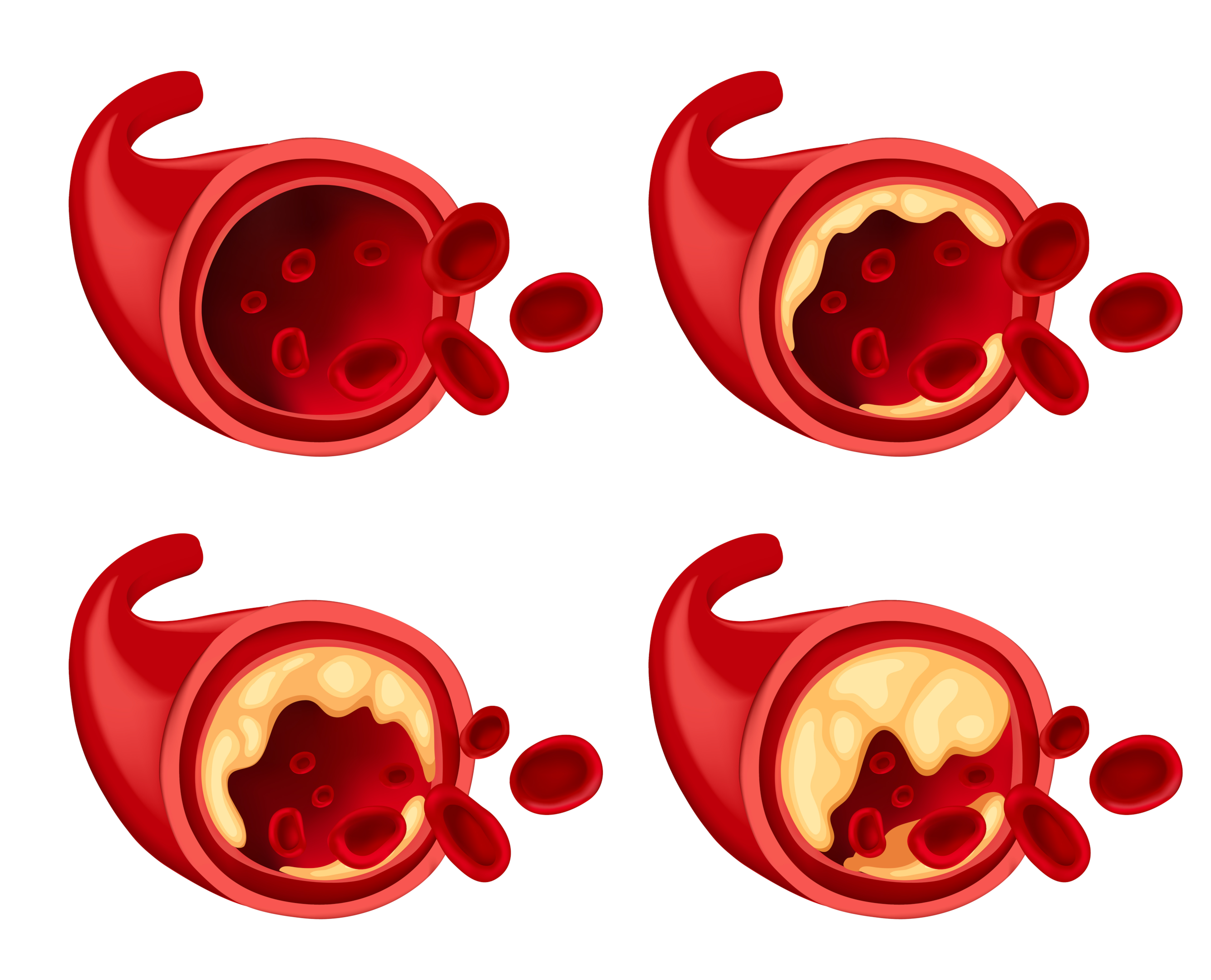
However, for your safety, you must evaluate your exposure to cardiovascular risk factors before using OTC and lower-dose statins. You can also enrol the services of a doctor or a pharmacist for this purpose.
If you have hypercholesterolemia and are worried about its treatment, we have various options available. Read more about cholesterol-lowering treatments here.
Before going for any treatment, you must know if you have hypercholesterolemia. For this purpose, our Home Cholesterol Test is useful. It measures good cholesterol (HDL), bad cholesterol (LDL) and triglycerides in the blood and tells you if you are developing liver disease or heart disease. All it needs is the blood from a single finger prick and provide results within 2 days. Click here for more information and order your test kit.




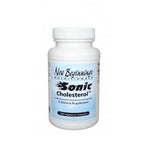
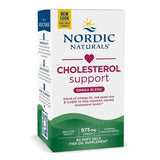
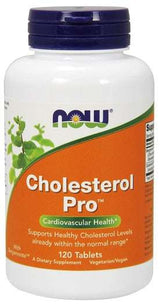
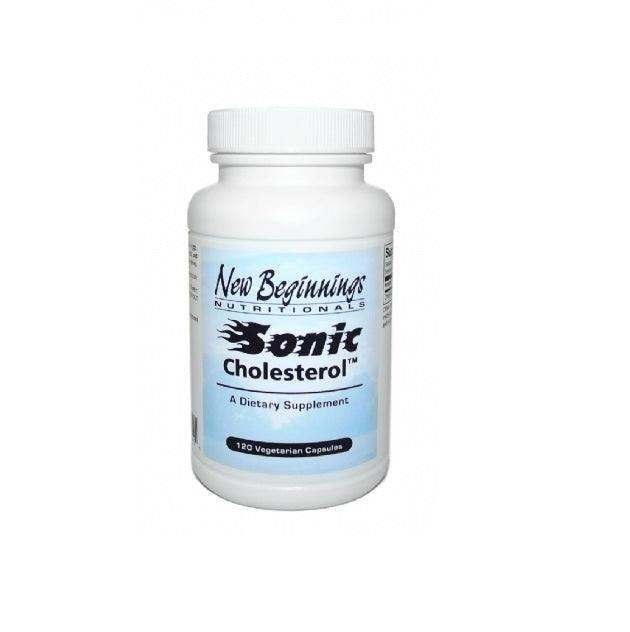
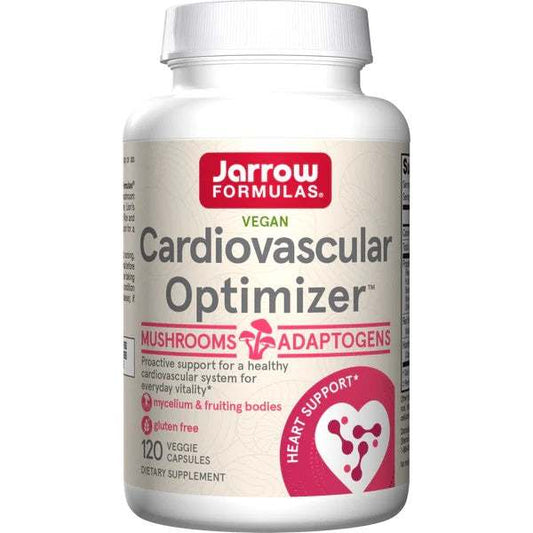
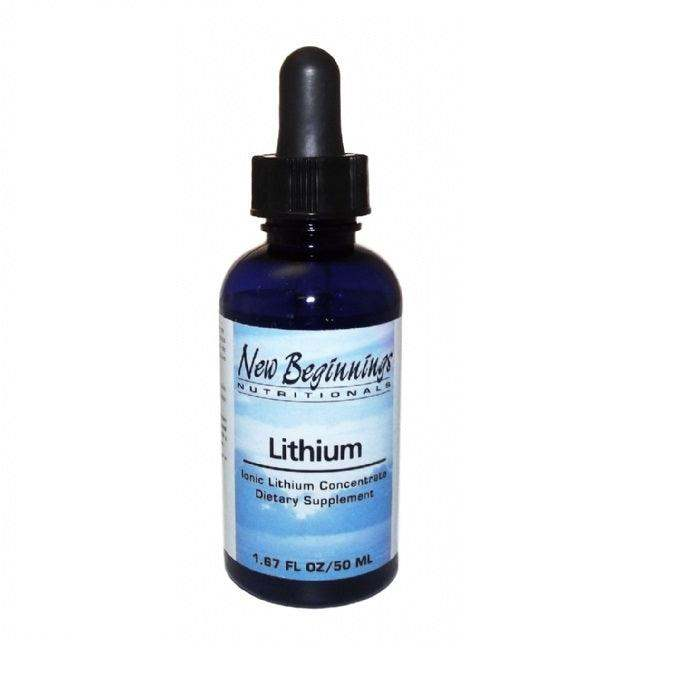
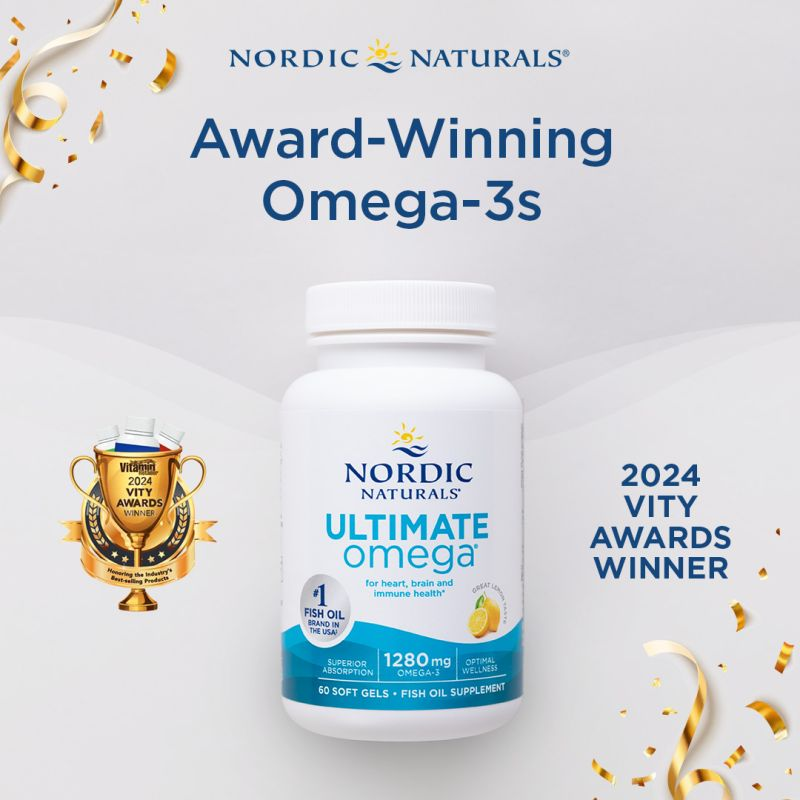
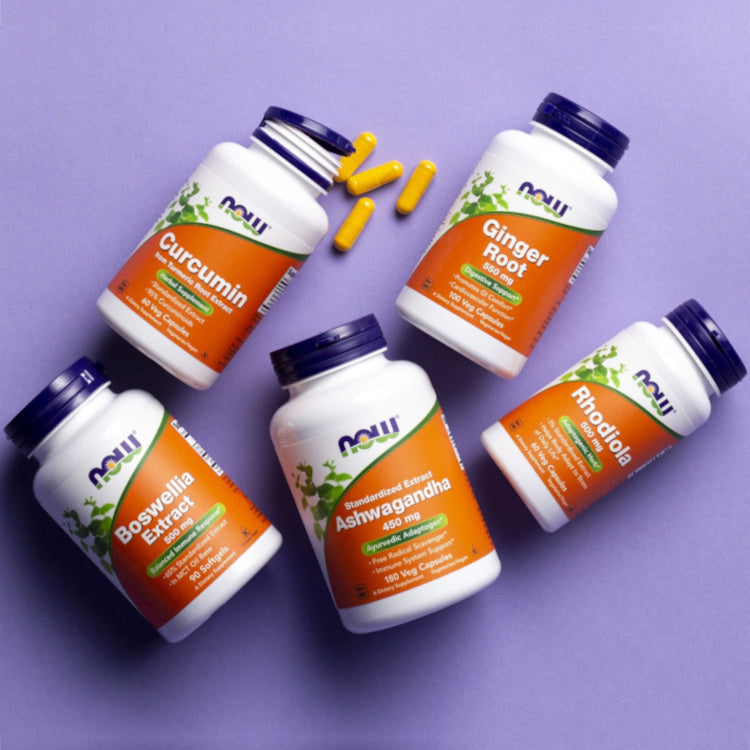

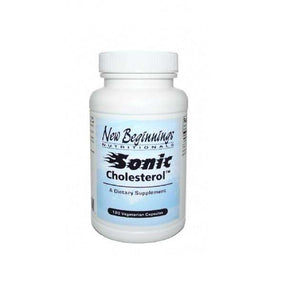
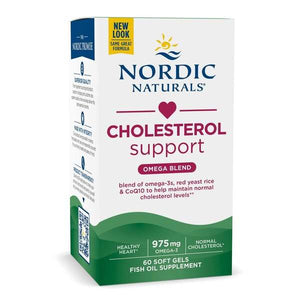
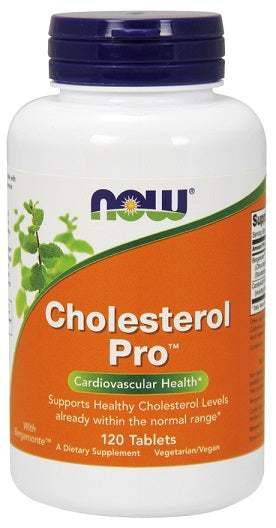




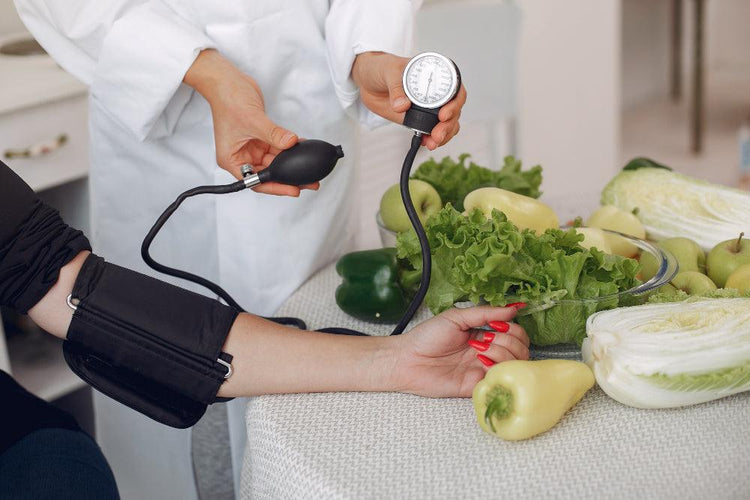



 Rated Excellent by 26,523+ Reviews
Rated Excellent by 26,523+ Reviews